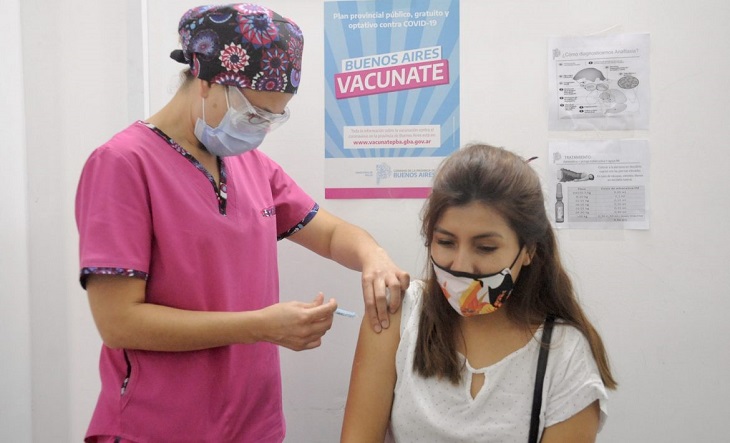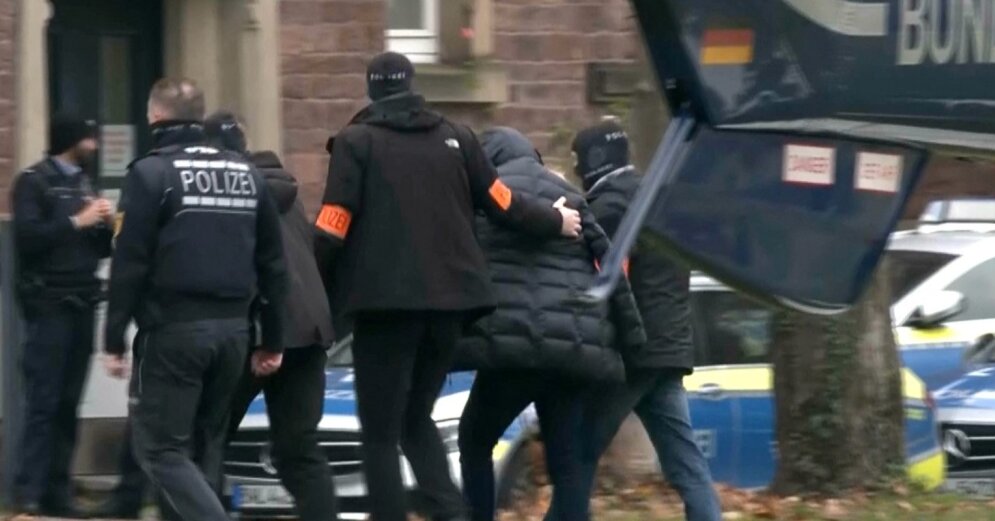The latest report on COVID-19 issued by the national Ministry of Health indicated that, in the last week, 27,119 positive cases of coronavirus were detected, 115% more infections recorded than last Sunday (12,609). Given the data released, Radio university consulted Gabriela Piovano, infectious disease doctor at the Muñiz Hospital, regarding the progressive increase in recent weeks.
“We are replicating what happened exactly one year ago. Let us remember that the third wave began in November 2021 and ended in February 2022. I would say that in those four months 100% of the Argentine population had contact with the virus but, without a doubt, it was the great test because 35 percent of the beds were occupied and the system was unaffected,” he reflected.
He also expressed that the infections “probably continue to increase” but, from a health point of view, it is interesting that “the system does not collapse”. “It gives the feeling that this is not going to happen. However, that doesn’t mean severe cases, deaths, or that the virus won’t regress. Indeed, in the last third wave it emerged that those who contracted Covid-19 were mostly people who were not vaccinated or, being at risk, had fewer than three doses.
In this way, Piovano assured that the virus “has not lost strength”, on the other hand “vaccines have made serious evolutions much less frequent. “The virulence of the virus is always the same, but we have carried out a very strong vaccination campaign with a large variety of vaccines that has allowed us to reach many people in a short time, with a state that has been able to guarantee a structure, “he underlined .
The importance of reinforcements
According to Piovano, the numbers of vaccinations at the regional level “are very good” and also in some areas of the country “we have practically 95 percent of people vaccinated, even with a single dose”. While believing that the vaccination campaign “has been absolutely successful”, the immunity of doses as well as infections “has been demonstrated that they do not serve to prevent new infections”, while “avoiding serious evolutions”.
When asked about the possibility of including the Covid-19 vaccine in the vaccination program, Piovano explained that “it is unlikely that it will be part of it”. “It’s not like the flu vaccine, which is multipurpose. With the coronavirus, the same outbreak starts generating new variants that start to escape and, within a few months, can re-affect people who were already affected by the previous variant.”
Finally, the infectious disease specialist specified that the vaccines “are not directed against the variants” and that the immunity generated by the infections “mainly lasts from three to six months”. “With the boosters you inform the immune system that this is something you will have to continue to contend with and produce antibodies that, while not useful for the new variant, do prevent the virus from advancing to a point that causes disease,” hill.


